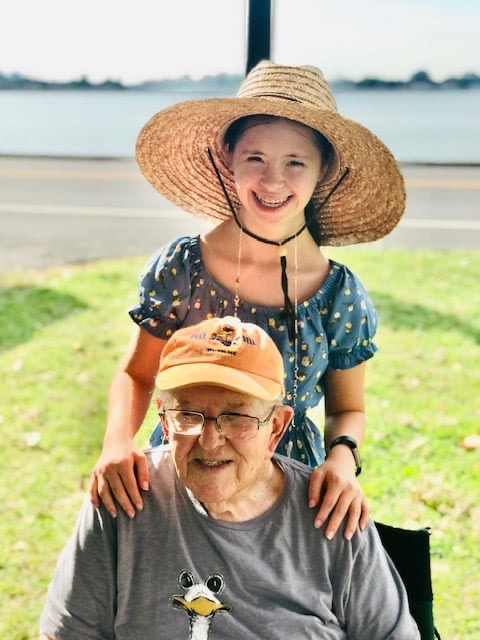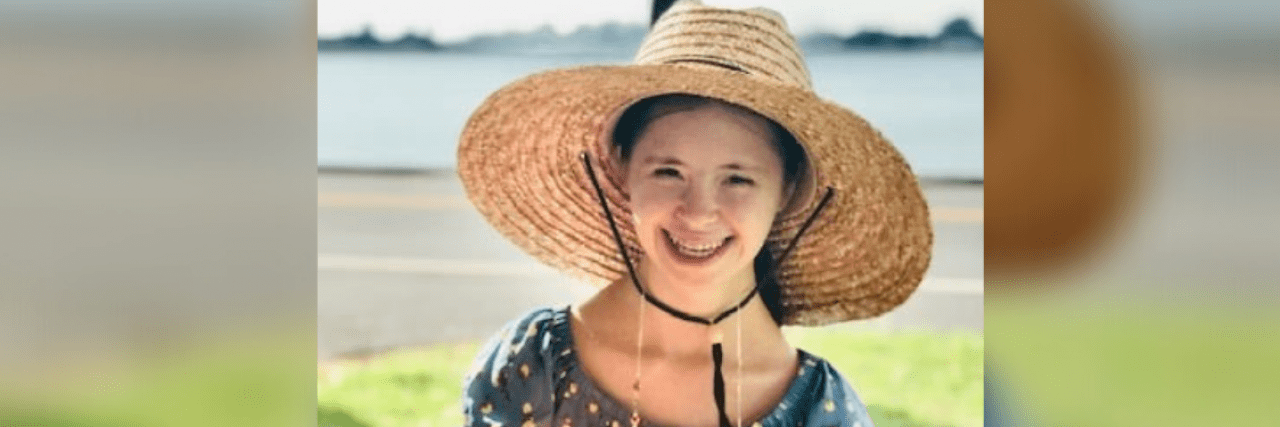How Intergenerational Mentors Can Help Families of Children With Disabilities
Today my family’s friend Bill turns 92 years old.
Bill and I have known each other for almost 20 years, but became closer friends starting in 2007. Bill had recently lost his wife of many years, and was a devoted father to his son with an intellectual disability. His son is in his 60s. My daughter Yassy, who has Down syndrome and autism, is 22.
Here are just some of the things he and his family have taught me when it comes to the world of disabilities, advocacy, and parenting. Keep in mind these points apply to Hampton, Virginia.
1) Bill’s generation is the one who started to firmly stand up and say no to doctors who suggested placing infants and children with disabilities in institutions. While Bill and those who did so were still in the minority, there were enough to do things like start The Arc in each state, and band together for progress.
2) In the 1960s, parents were begging just to get their children with disabilities into any public school. Success, or failure, depended on each locality and each group of parents. Self-contained special education classes were the only choice. Reading and writing were not always expectations.
3) Success getting his son into school required the parents to work together to volunteer to drive the school buses. This was the only way one school district would say yes.
4) Back in the early 60s, physicians often gave a medical diagnosis of “idiot.” Bill’s son did not receive his diagnosis of autism and intellectual disability until he was in his 40s.
5) Sheltered workshops were considered progress in the early 1960s. They are becoming outlawed, rightly so, in 2022. Many people who worked in sheltered workshops were very capable of working in the community, even if they could not read or write.
6) Bill’s other son, who does not have any disabilities, is vitally important to their family’s success. An avid runner and biker, he has taught his younger brother to run and ride a bike over the past decades. They often run together in races. Attending sporting events and other passions keep the brothers close. As Bill ages, this bond has gotten stronger. Bill’s older son is so proud of his younger brother, and says that clearly to his friends often. His pride, deep love, and devotion for his brother warm my heart beyond measure.
7) As Bill has aged, his son with disabilities has become his primary daytime caregiver. He has retired from working and enjoys helping his father with day-to-day living.
8) Bill’s generation of parents who kept their children at home commonly placed their children in group homes as adults. Bill did not do this. He and his family did not want to. He has been a clear example of aging in place, in the community, and not always following the crowd. In 2022, group homes are no longer the automatic default for all.
9) Our transportation system needs an overhaul. Watching Bill and his older son drive his younger son to and from work until Bill was 90 was tough. It was a clear example of how poor public transportation impacts self-advocates and their families, and how little has changed in decades.
10) Parents of children with significant disabilities need to get to know families of children with disabilities in the generations ahead of them. Really get to know them. There is much wisdom and gratitude to learn. And during those times when we feel progress is too slow, the real history of the journey before us is just what we need to keep moving forward.


